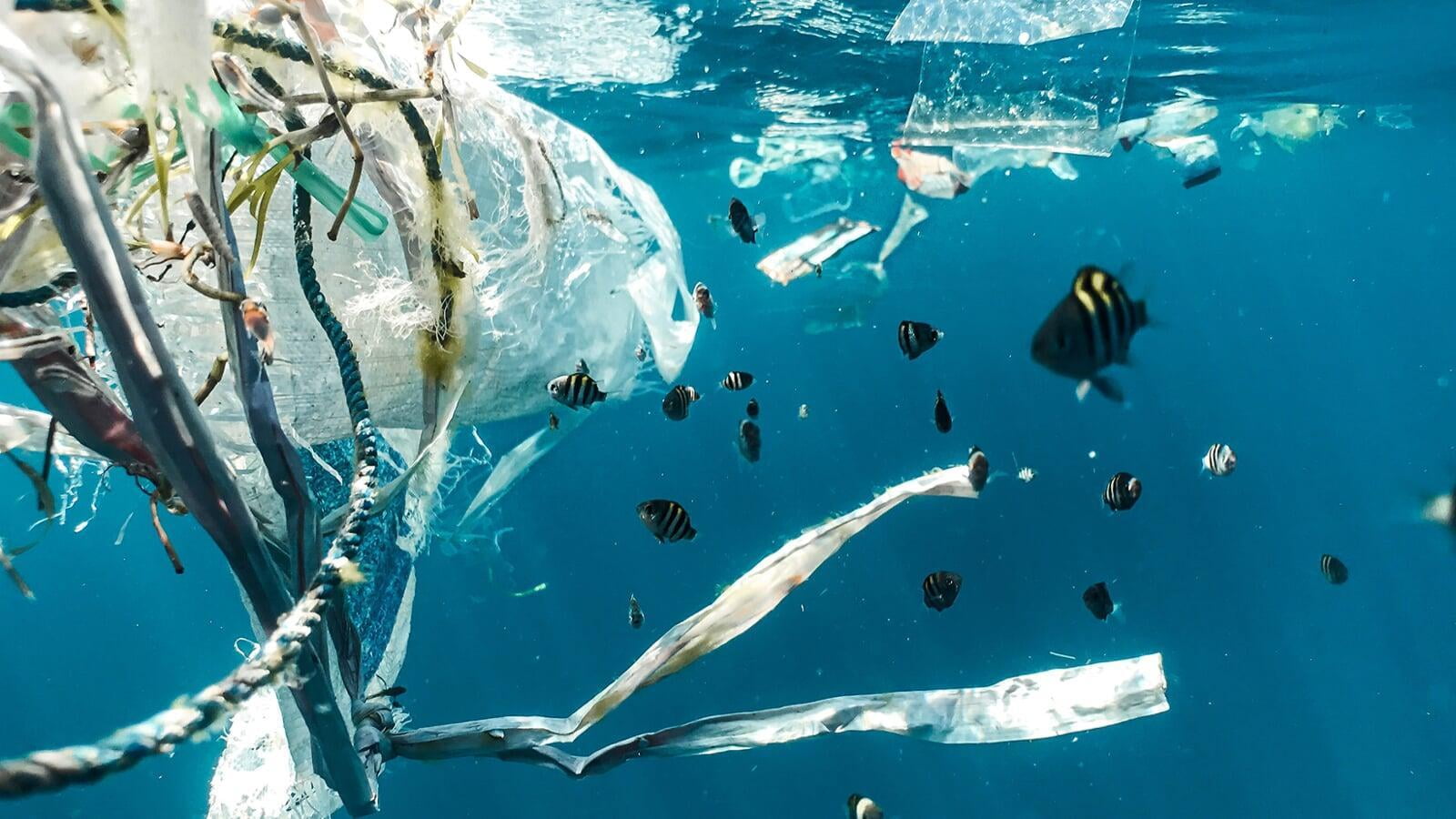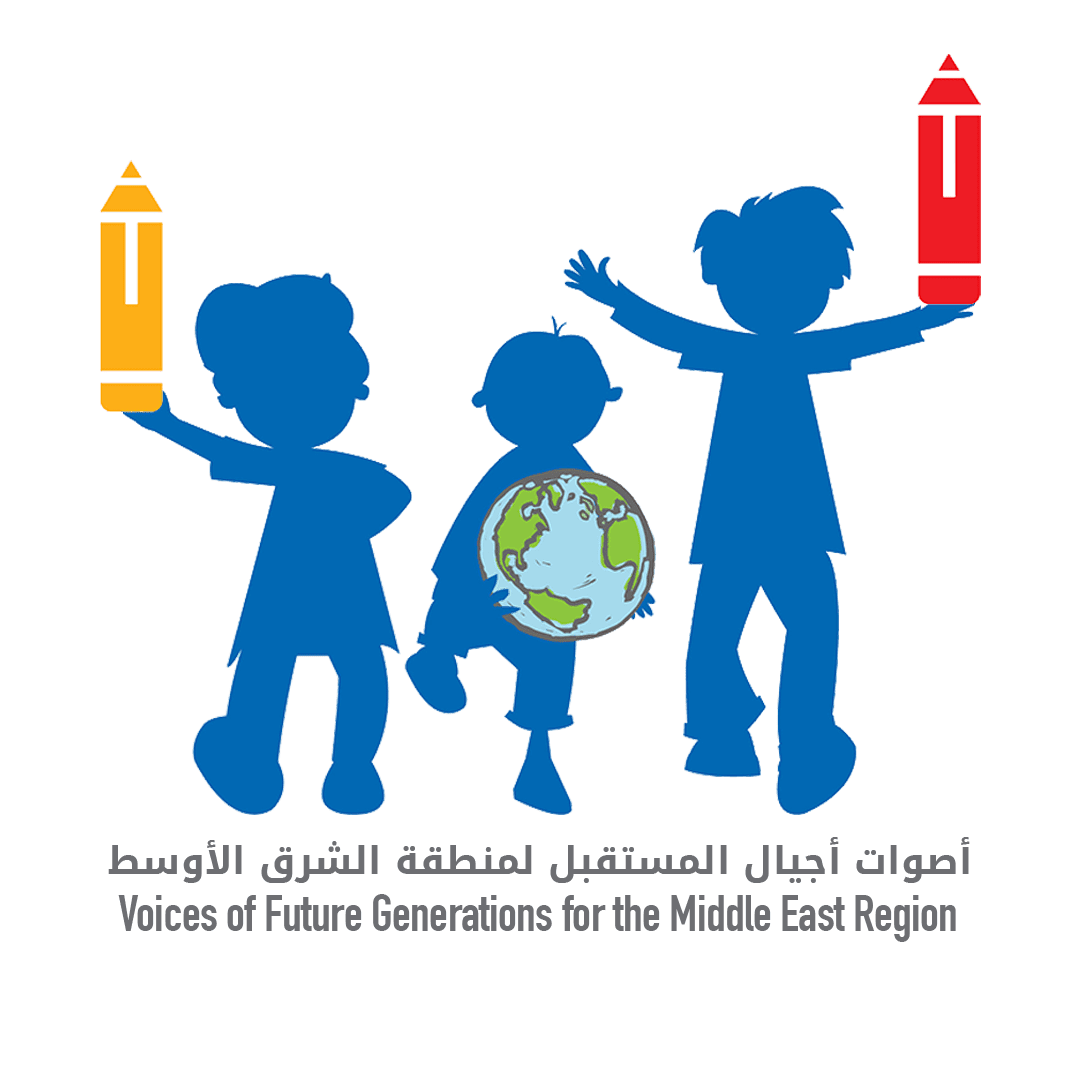Let’s Save Our Oceans
Let’s Save Our Oceans

Life below water (SDG 14) and clean water and sanitation (SDG 6) are extremely important goals that demand immediate attention. Whole ecosystems and economies, not to mention cultures and cities are at risk of collapse.
The 2021 UN SDG goals report states that on average only 1.2 % of national research budgets are allocated for ocean science.
Issues include plastic pollution, ocean warming, sea level rise, small fishery and ocean-based business collapse, overfishing, acidification, eutrophication, and dead zone creation.
I would like to go more in depth ;) on those last three issues.
First off, Ocean Acidification is the ongoing decrease of the pH value of the earth’s oceans. This is normally caused by the uptake of CO2 from the atmosphere. The root cause of most ocean acidification is burning fossil fuels, an unsustainable, finite method of extracting energy that has many other serious consequences.
Eutrophication is the process by which entire bodies of water, or parts of them, become more and more enriched with minerals and nutrients. This may not sound bad, but it has unnatural consequences. It can cause algal blooms. Some algae can produce toxins that are harmful to other forms of life. They can even cause dead zones to form, which we will also explore. The main causes of eutrophication are runoff from agricultural land (Nitrogen) and households and industry (phosphorus)
Dead Zones are areas or bodies of water that contain no oxygen. This is known as Hypoxia. Hypoxia occurs when dissolved water falls to (or below) a concentration of 2ml of oxygen per litre of water. In dead zones, little to no aquatic flora or fauna can survive. Those who are mobile (able to move) can make efforts to escape and save themselves by leaving the area. Dead zones can be caused by algal blooms or can occur naturally, however they are mostly caused by or accelerated by human activity.
Coastal cities are at risk of flooding due to sea level rise. The country of Tuvalu recorded its cop26 speech while sinking. Countries are experiencing unusually wet or dry seasons. Coastal and fish-based economies are in a highly unstable state. Ecosystems are being destroyed and plastic is wreaking havoc on our oceans, rivers, lakes, seas, and many more.
An initiative called Team Seas was recently launched to help clean up oceans and rivers. It has partnered with a company known as The Ocean Clean-up and an organisation known as the Ocean Conservancy. They aim to remove 30,000,000 pounds of trash by removing one pound of trash for every dollar donated. The real reason this initiative is working is the determination of the people who believe in it. Already, they have removed over 17.5 million pounds of trash. That’s an astonishing number and it really shows the power people have when they work together to a common goal.
If we act fast and make useful changes in our world, we can save our oceans, seas, and rivers and all the beautiful and diverse ecosystems that live beneath them.


